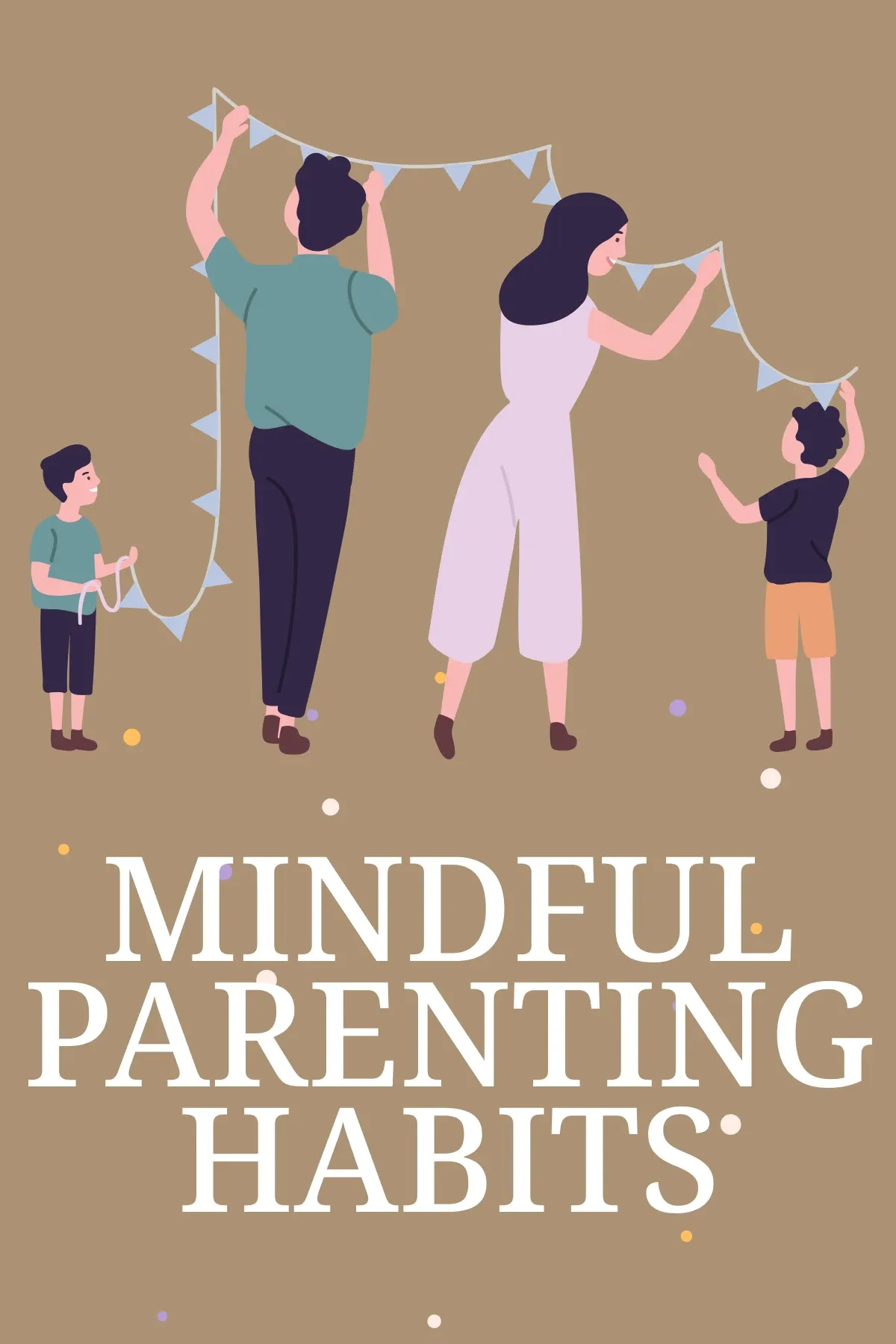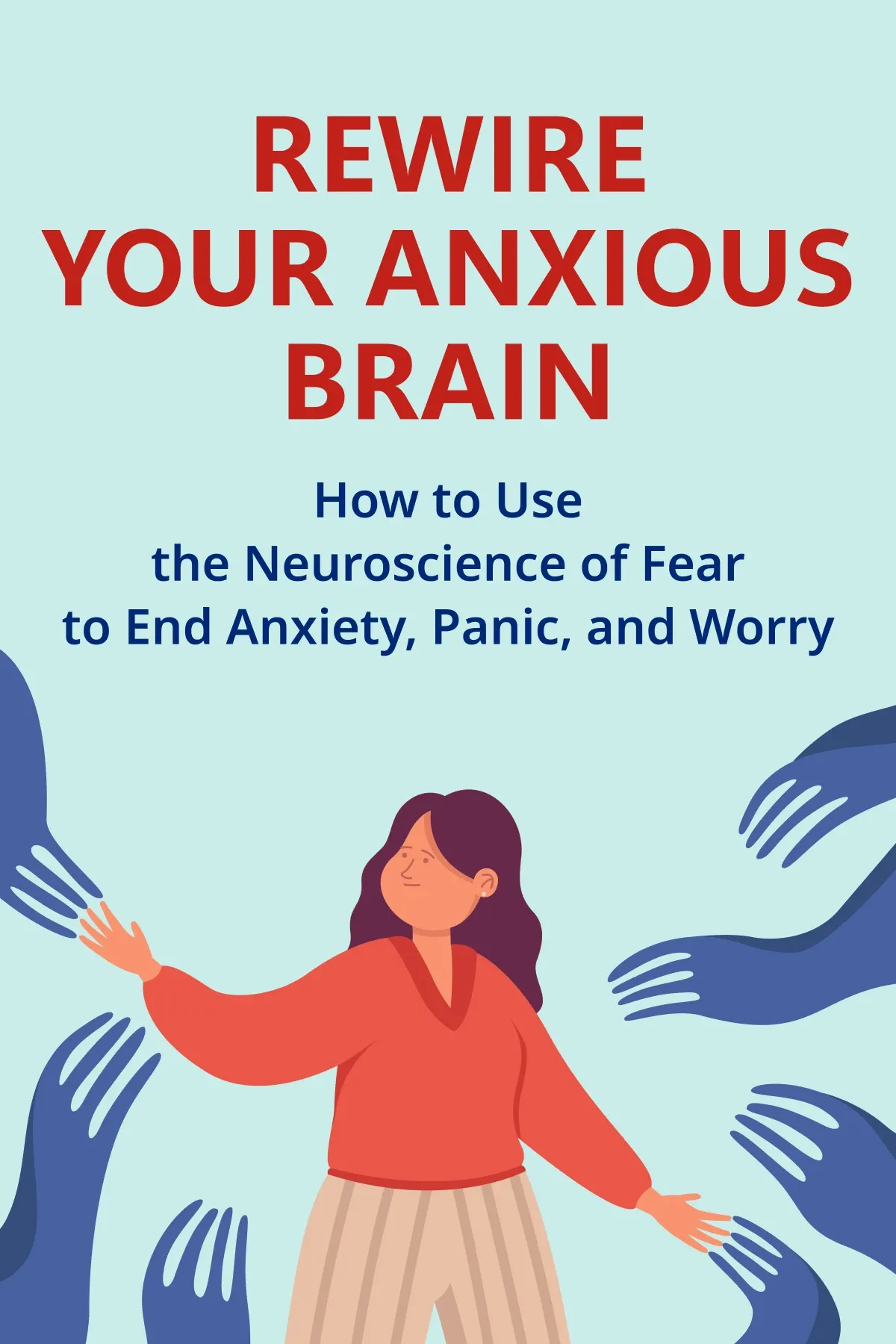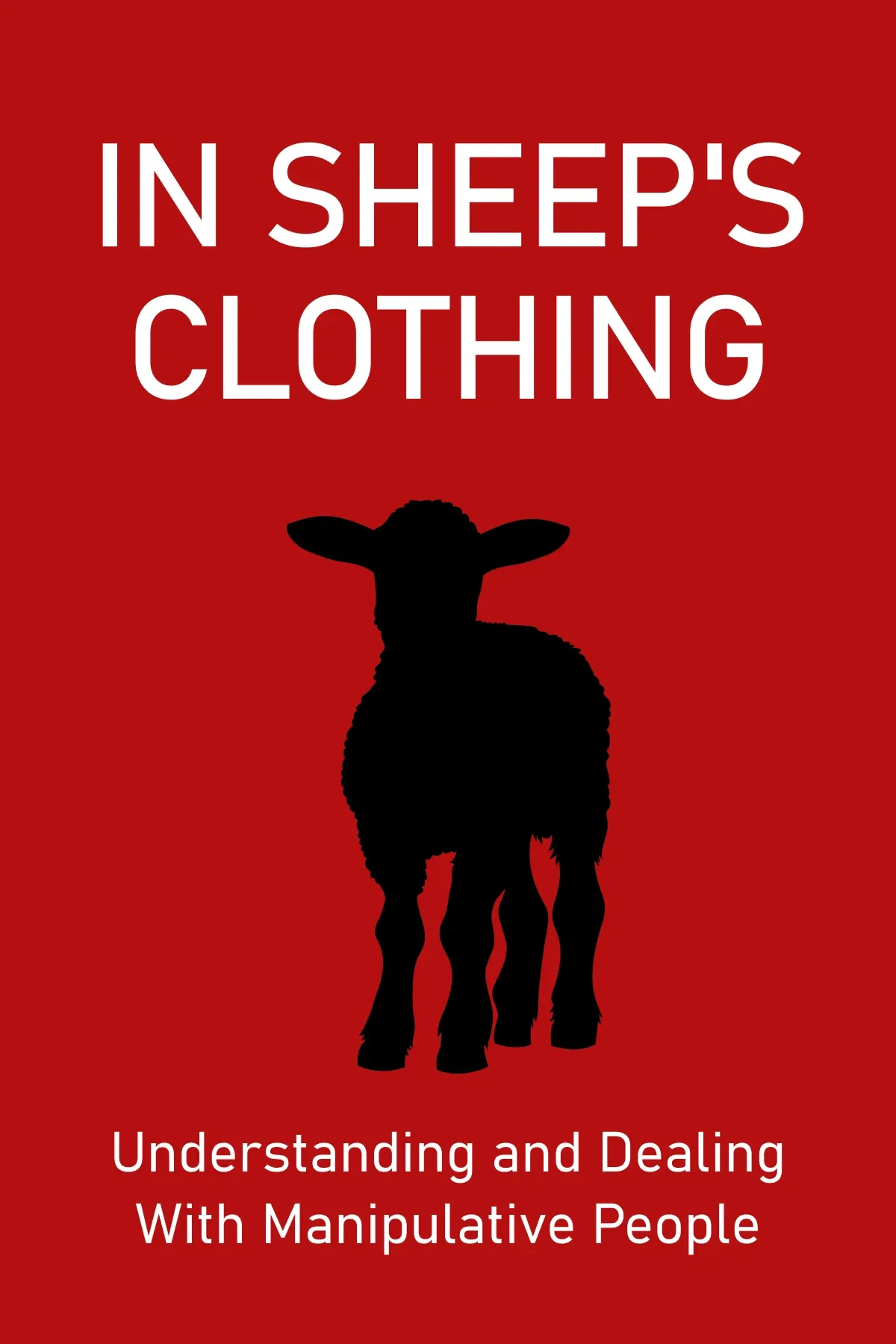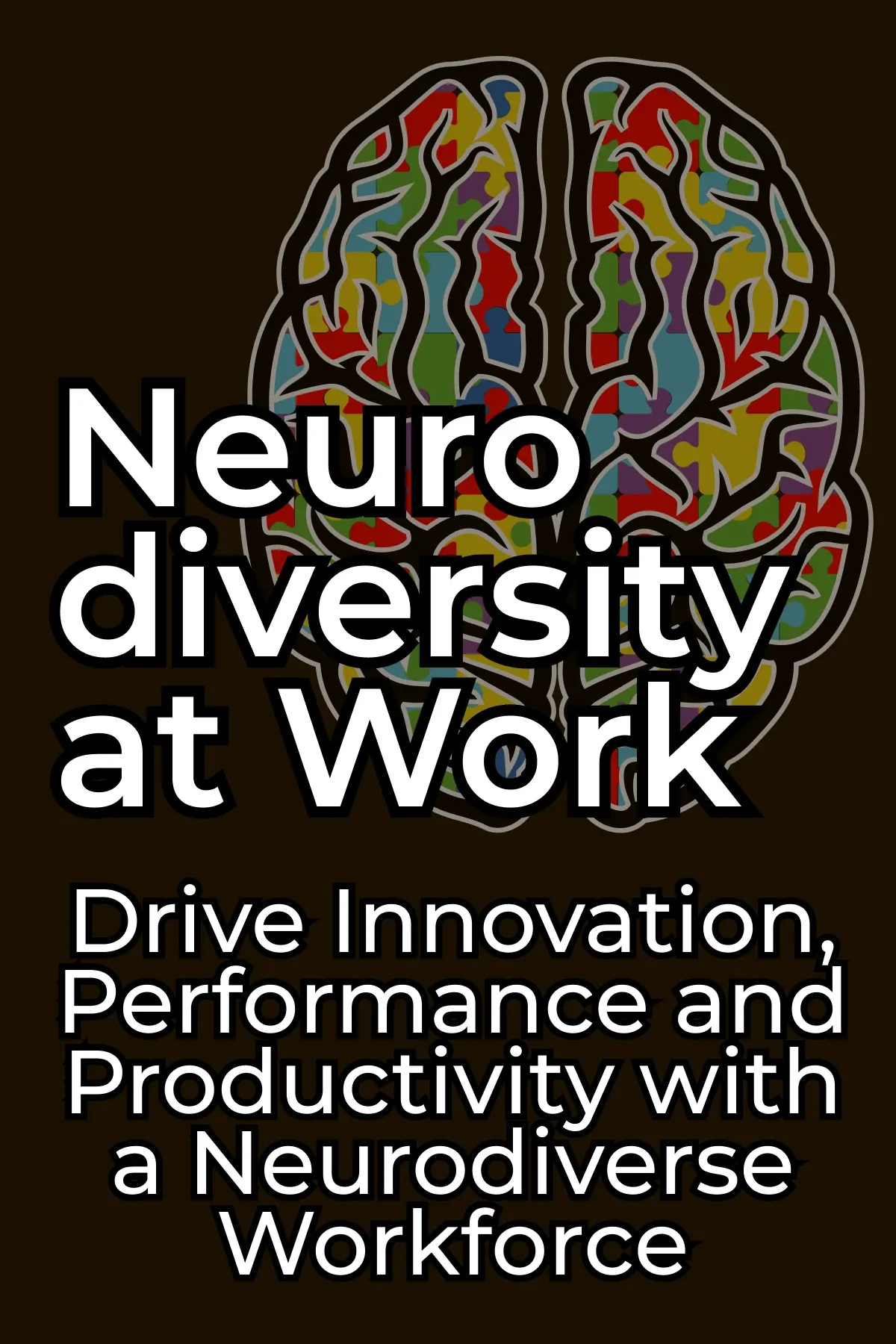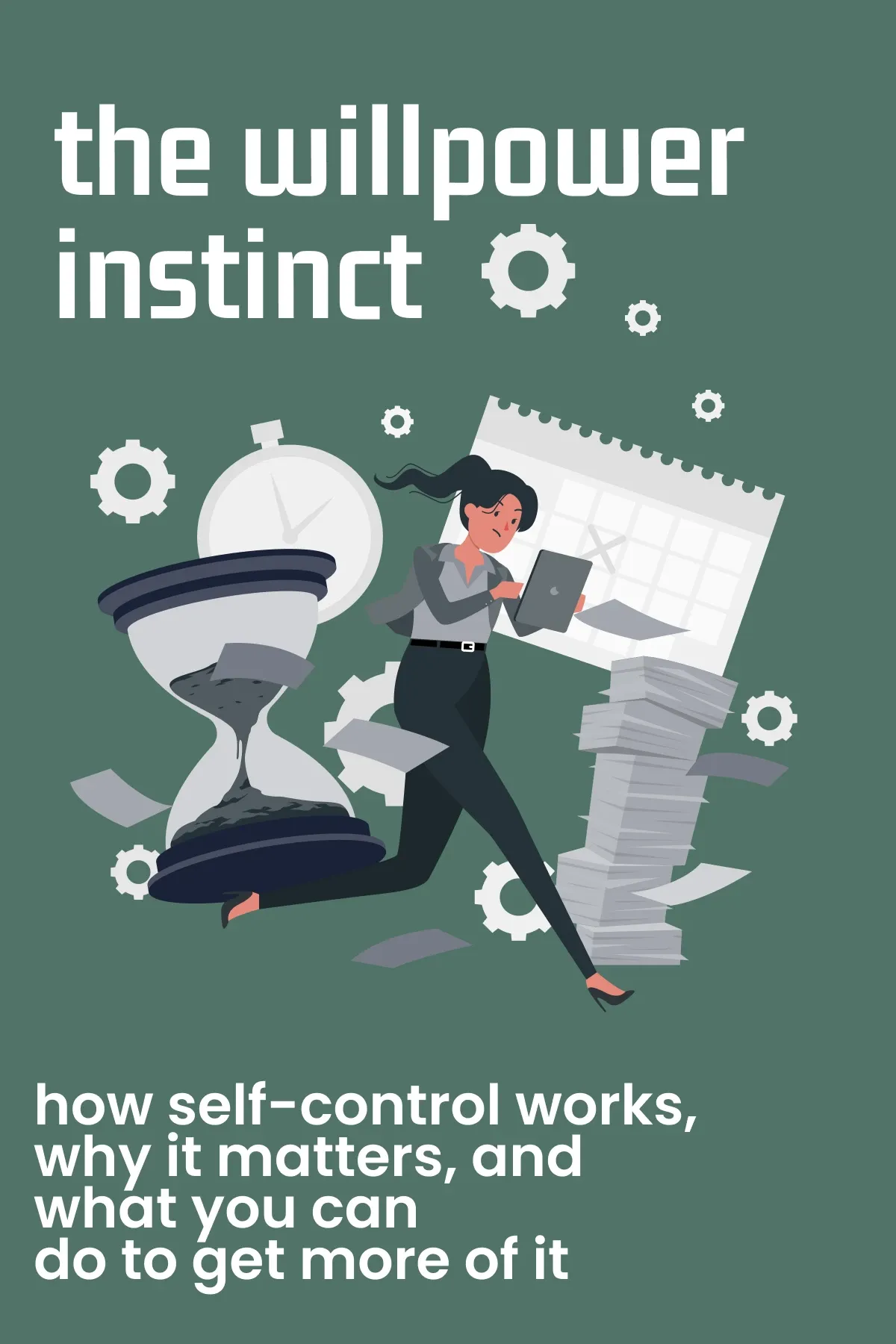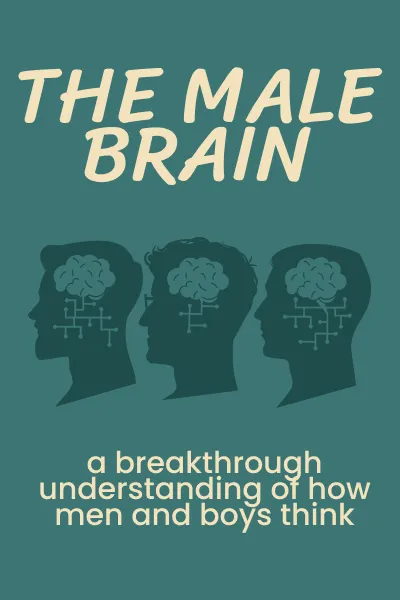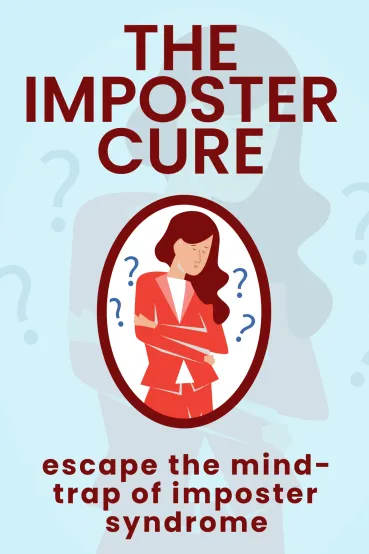
The Imposter Cure
Brief Summary
Have you ever experienced Imposter syndrome? You might think that you haven't, but it's probably not true. Imposter syndrome can cause a lot of problems in your life, so it’s time to read Dr. Jessamy Hibberd’s advice on how to deal with it.
Key points
Key idea 1 of 8
Many of us have thought from time to time that we weren't enough. To be exact, about 70% of the Earth’s population has at some point experienced what is called Imposter syndrome. It could be your classmate with straight A's, your ever-drinking art teacher, or your grandfather who never stops fixing his old car. Some of them think that they aren't enough, and some of them have drowned in this feeling so much that they can't be saved anymore. And you probably belong to that 70%, too.
So, let's get into the specifics of Imposter syndrome. Let's imagine you've been given a task. This task is more difficult than you're used to. Maybe you've never done such a task before. Or maybe your skills aren't designed for it at all. You have two choices. You can get to work, weighing the risks, trying new things, and filling in gaps in your experience along the way. But you can also start thinking about your shortcomings, focus on the problems, and then fail. Most likely, failure will lead you to a lot of disappointment in yourself.
Dr. Valerie Young introduced five types of imposters. The first ones here are the *Perfectionists*. You can tell by the name that these guys set unattainable goals for themselves and do everything they can to achieve them. Perhaps they even design every step of their work towards that goal and get frustrated when they fail to follow through. *Experts* come out of this category. They are more specific perfectionists who are focused on knowledge. They want to know everything, which, of course, is impossible.
*Natural Geniuses* are another type of perfectionist. For them, the goal is to achieve everything on the first try. They cannot accept their defeat. If they fail at anything, they will consider themselves mediocre and useless. There are also *Soloists*. It is important for them to do everything on their own. They don't know how to accept help. In the opinion of Soloists, advice, hints, and any support deprive them of the completeness of victory when it is achieved. And the latter are *Superhumans*. They think that their quality as a person determines the number of roles they take on. Let’s delve into the theory of Imposter syndrome a bit more in the next chapter.
FAQ
You may also like these summaries


